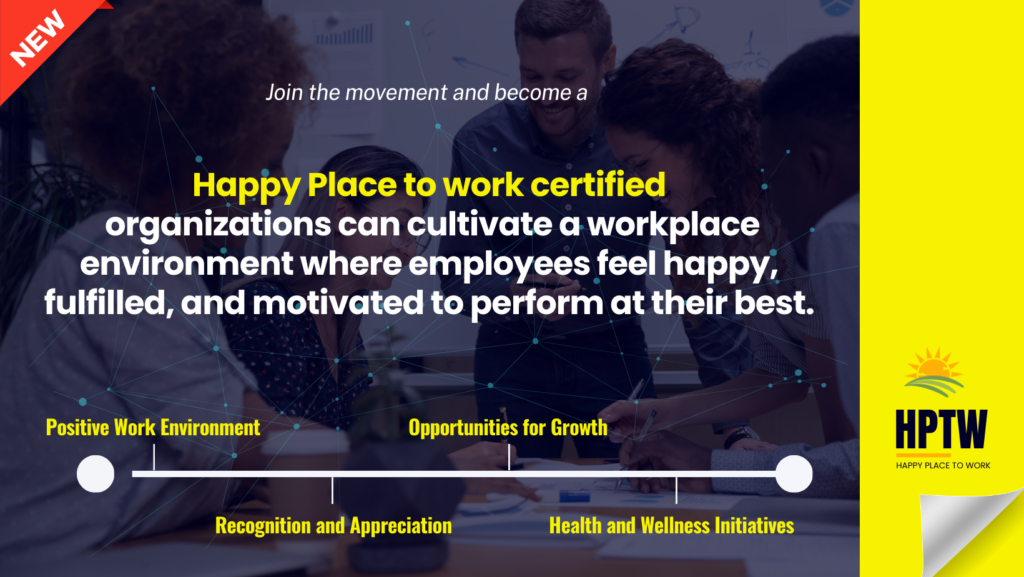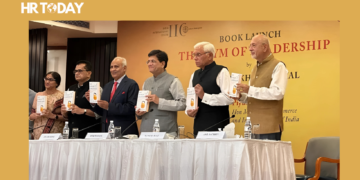The Managed Heart: Commercialization of Human Feeling by Arlie Russell Hochschild (1983) is a seminal work that introduced the concept of emotional labor, a critical component of modern work that has become even more relevant in today’s rapidly changing workplace. As the nature of work continues to evolve with technological advancements, globalization, and the rise of the gig economy, Hochschild’s insights provide a vital framework for understanding the emotional demands placed on workers.
Hochschild begins by referencing Karl Marx’s description of “The Working Day” from Das Kapital, which discusses the exploitation of physical labor. She contrasts this with the contemporary nature of work, highlighting the shift towards emotional labor—defined as “the management of feeling to create a publicly observable facial and bodily display; emotional labor is sold for a wage and therefore has exchange value.” She identifies three key components of modern service work: labor, display, and emotion.
To understand emotional labor, Hochschild studied flight attendants, who elevate the customer’s status, and bill collectors, who deflate it. She examines how different sexes and social classes experience and manage emotions. She uses the term “feelings” as a surrogate for emotions, defining feelings similarly to sensory experiences like hearing or sight, and draws from both traditional feeling-centered and cognitive conceptions of emotion.
Feeling as Clue
Hochschild bridges the gap between organismic and interactional theories of emotion. Organismic theorists see emotions as biological and instinctual, managed extrinsically, while interactional theorists believe culture shapes emotions. Hochschild argues that emotions serve a signal function, culturally orienting us and filtering our perception of self-relevance in experiences.
She differentiates between surface acting (disguising one’s true feelings) and deep acting (altering one’s feelings to match the display). Surface acting deceives others, while deep acting deceives both others and oneself.
Managing Feeling
Hochschild discusses how both surface and deep acting manage feelings, with limitations on the authenticity demanded by clients and in private settings. Deep acting involves directly exhorting feelings or using trained imagination, akin to method acting, where actors use “emotion memories” to recall and embody feelings. She suggests that deep acting occurs in everyday life, creating illusions to manage emotions, which in institutional settings becomes a resource with instrumental value.
Feeling Rules
Hochschild’s concept of feeling rules is a crucial contribution, bridging interactional, organismic, and cognitive schools of thought. Feeling rules involve our assessment of our feelings, others’ assessments, and internal and external sanctions. She identifies two types of feeling violations: misfitting feelings and misinterpreted relations and inappropriate feelings.
Simon Gottschalk applied this concept in studying the Holocaust’s second generation, categorizing deep acting into four types: suppressing/producing congruent emotions, adjusting emotional socialization timing, hierarchizing suffering, and compensating for parents’ difficulties.
Paying Respect with Feeling
Hochschild explores how social transactions of feeling are impacted by authority, sex, class, cultural context, and resources. She notes that equal status relationships generally have balanced exchanges, while unequal status relationships accept that lower-status individuals contribute more.
Public Life
Hochschild examines emotion management in commercial settings, focusing on the demand for emotional labor, airline industry practices, and factors affecting emotion work. Key concepts include job fit, collective emotional labor, achieving transmutation, and responses to contradictions like unionization and job stress.
Chapters 7-9
These chapters contrast the emotional labor of inflating versus deflating customers, the impact of gender and status differences, and authentic emotion work. Hochschild discusses the role of class and family in shaping emotional labor, noting that women face higher stress due to lower status and control over resources. The human cost of emotional labor includes estrangement and alienation from the real self.
Traditional Theories of Emotions
Hochschild references traditional theories, from Descartes’ view of emotions as soul excitations to Hume’s impressions of reflection and James’ feelings aroused by perception. She integrates these with the Oxford Dictionary definition, framing emotions as feelings generating cognitive and bodily changes, governed by cultural and social rules.
Current Context and Relevance
In today’s workplace, characterized by remote work, digital communication, and increasing emphasis on customer service, Hochschild’s insights are more relevant than ever. The COVID-19 pandemic has highlighted the importance of emotional labor in frontline jobs, healthcare, and service industries. Employees are expected to manage their emotions in the face of unprecedented stress and uncertainty, making the understanding of emotional labor crucial for both workers and employers.
Further Research
Hochschild’s work has spurred further research on emotional labor, including studies by Morris and Keltner, Heuven and Bakker, and Dieter Zapf. These studies examined conceptual distinctions, relationships between emotional dissonance and burnout, and multidimensional constructs of emotional labor.
Hochschild’s book remains a foundational text for understanding the commercialization of human feeling. As organizations continue to navigate the complexities of employee well-being and customer satisfaction, The Managed Heart offers timeless insights into the intricate dynamics of emotional labor.
References
- Hayes, S., & Kleiner, B. H. (2001). The Managed Heart: Commercialization of Human Feeling – And its Dangers. Management Research News, 24(3/4).
- Brown, J. V. (1985). Book Review of The Managed Heart: Commercialization of Human Feeling. Social Forces, 64(1).
- Spelman, D. H. Book Review of The Managed Heart: Commercialization of Human Feeling. Academy of Management Review.
- Fineman, S. (1985). Book Review of The Managed Heart: Commercialization of Human Feeling. Journal of Management Studies, 22(5).
- McCourt, W. Discussion Note: Using Metaphors to Understand and to Change Organizations: A Critique of Gareth Morgan Approach.
- Widell, G. (1998). Images in Practice: Vistas Time and Causality in Organizations. Scand. Journal of Management.
- Zapf, D., et al. (2001). Emotion Work and Job Stressors and Their Effects on Burnout. Psychology and Health, 16, 527-545.
- Zapf, D. (2002). Emotion work and psychological well-being: A review of the literature and some conceptual considerations. Human Resource Management Review, 12, 237-268.
- Hallett, T. (2003). Emotional Feedback and Amplification In Social Interaction. The Sociological Quarterly, 44(4), 705-726.
- Morris, M. W., & Keltner, D. (2000). How Emotions Work: The Social Functions of Emotional Expression in Negotiations. Research in Organizational Behaviour, 22, 1-50.
- Deigh, J. (1994). Cognitivism in the Theory of Emotions. Ethics, 104, 824-854.
- Gottschalk, S. (2003). Reli(e)ving the Past: Emotion Work in the Holocaust’s Second Generation. Symbolic Interaction, 26(3), 355-380.
- Heuven, E., & Bakker, A. B. (2003). Emotional Dissonance and burnout among cabin attendants. European Journal of Work and Organizational Psychology, 12(1), 81-100.
Read Also : Imagination in a Disrupted Age: Navigating the Future with Curiosity and Empathy















